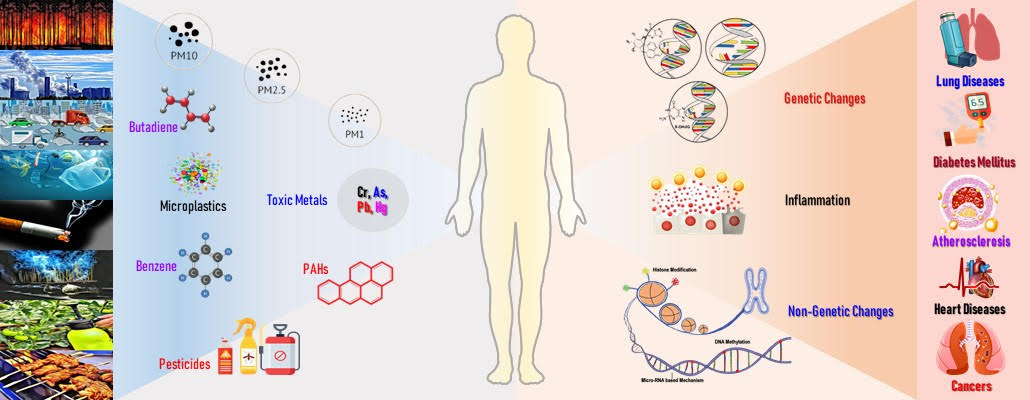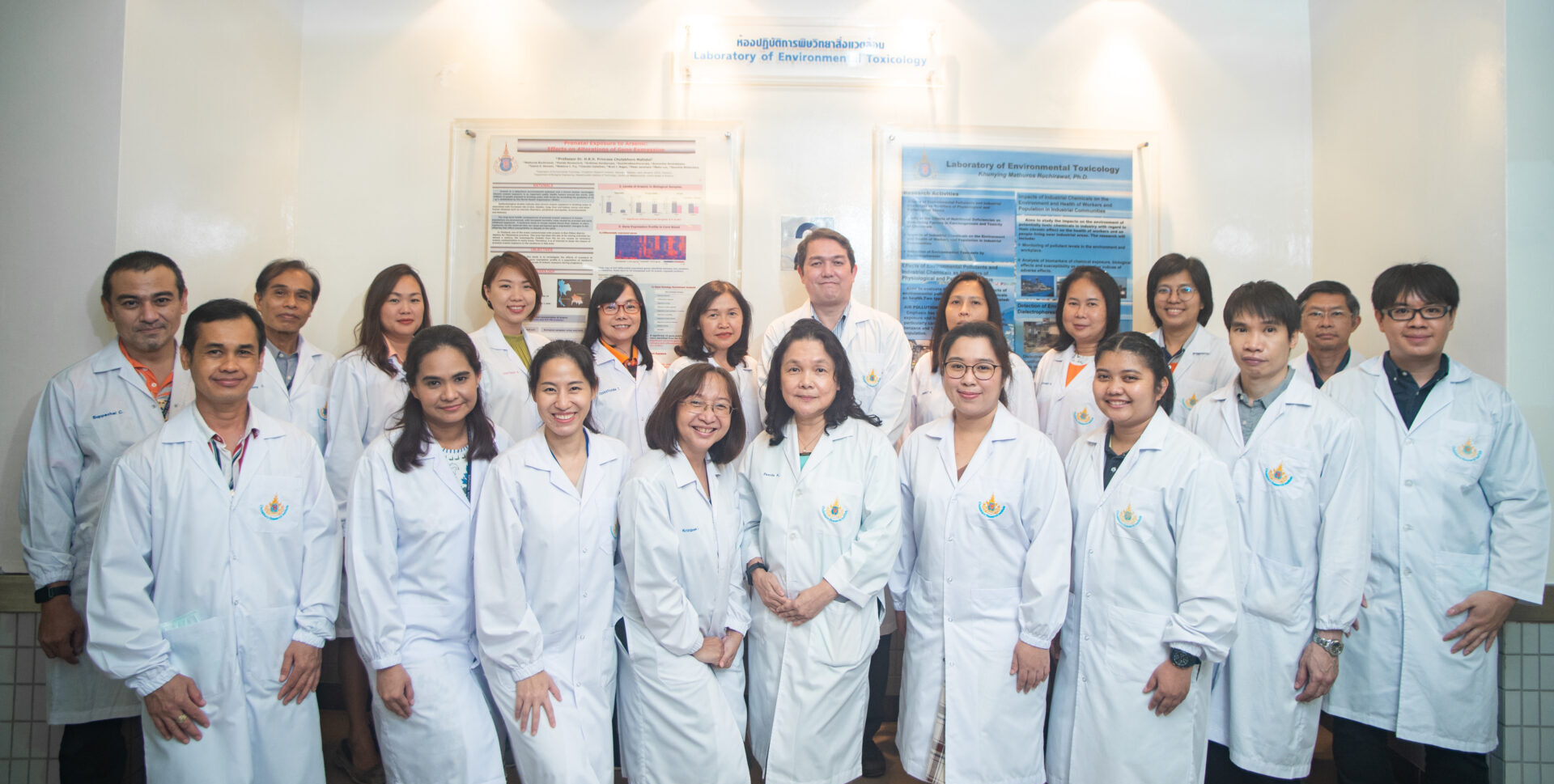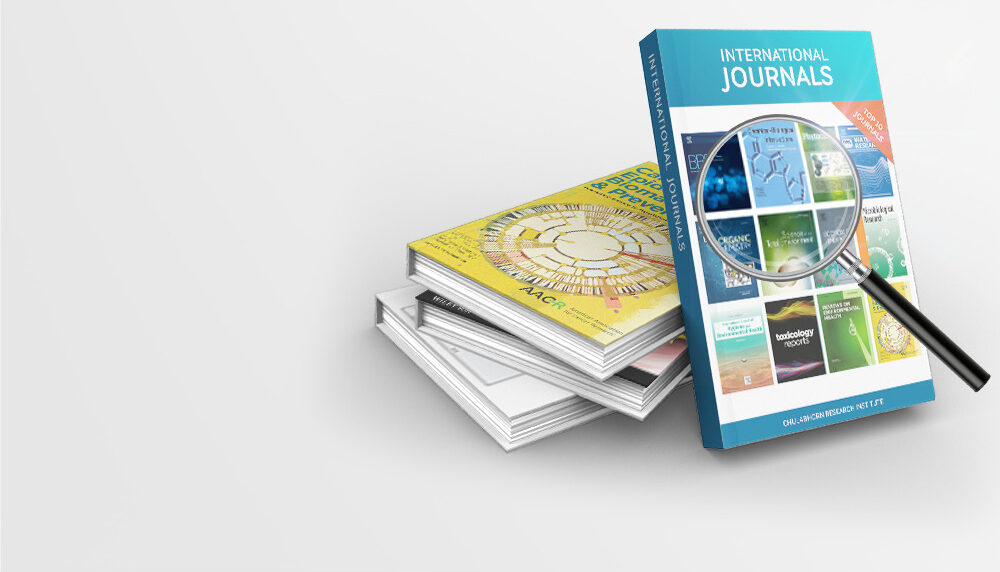Laboratory of Environmental Toxicology

Laboratory of Environmental Toxicology

Director: Professor Emeritus Dr. Khunying Mathuros Ruchirawat
Chemical pollution in the environment is a problem that impacts human health and development of disease in many countries around the world, including Thailand. The World Health Organization (WHO) has estimated that 24% of the global disease burden and an estimated 23% of all deaths are attributable to environmental factors, and that as many as 13 million deaths could be prevented every year by making our environment healthier. In terms of a specific disease of increasing concern around the world, WHO has estimated that roughly 19 percent of all cancers are attributable to the environment.
Research in environmental toxicology is important for sustainable development, as it allows us to identify key problem areas that need to be addressed to minimize impacts from the use of chemicals. This is an area of growing interest and concern, both to the scientific community and to the public since chemicals and pollutants together with other environmental factors are recognized as major determinants of human health status. An increasing number of publications indicate a clear impact of environmental pollutants on human health through modulation of physiological and pathological status.
Laboratory of Environmental Toxicology at the Chulabhorn Research Institute therefore focuses on research into major environmental health problems from exposure to chemicals in the environment. Research is conducted that spans the exposure-disease paradigm, from measurement of ambient exposures to assessment of internal exposures and early biological effects that can be linked to disease development. Chemical pollutants of specific interest include carcinogenic compounds found in the environment and in food, as well as volatile organic compounds, pesticides, toxic metals, and other toxicants. Special focus is placed on particularly susceptible populations, and this includes the developing fetus that might be exposed in utero, resulting in early biological changes that may manifest as disease later in life. Research that leads to identification of sources of exposure and assessment of mechanisms underlying development of early effects can lead to measures for prevention of disease for the ultimate benefit for human health.


















